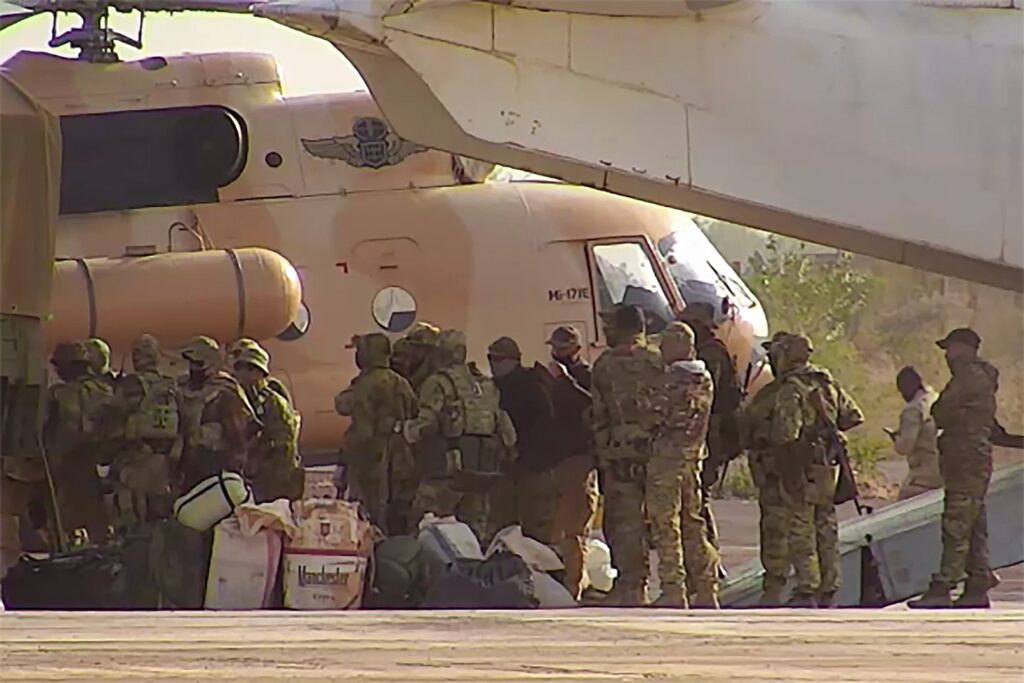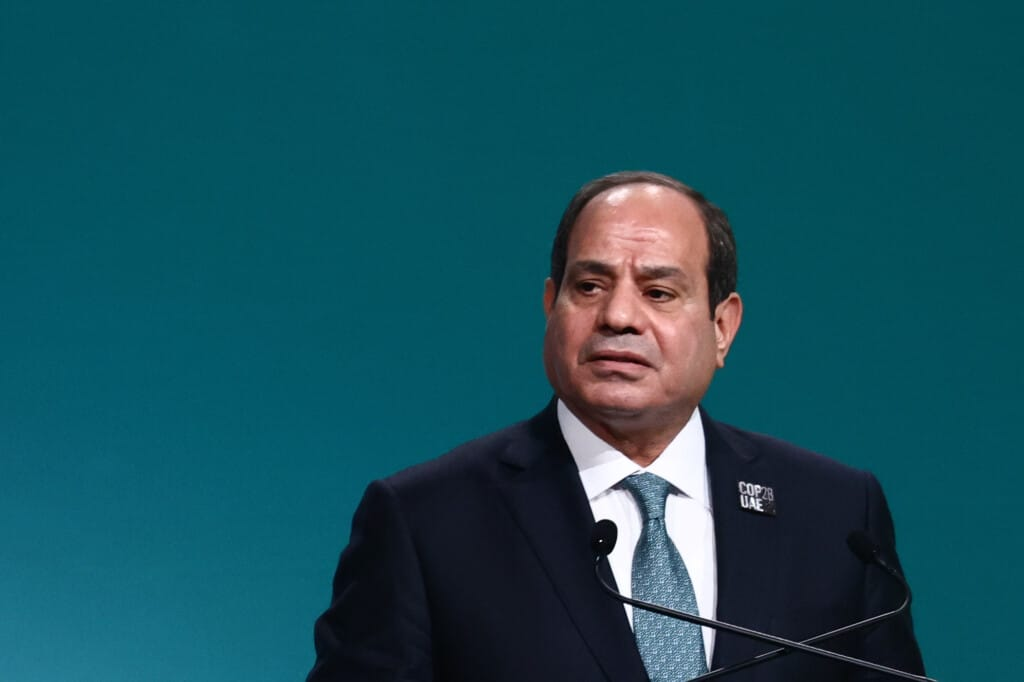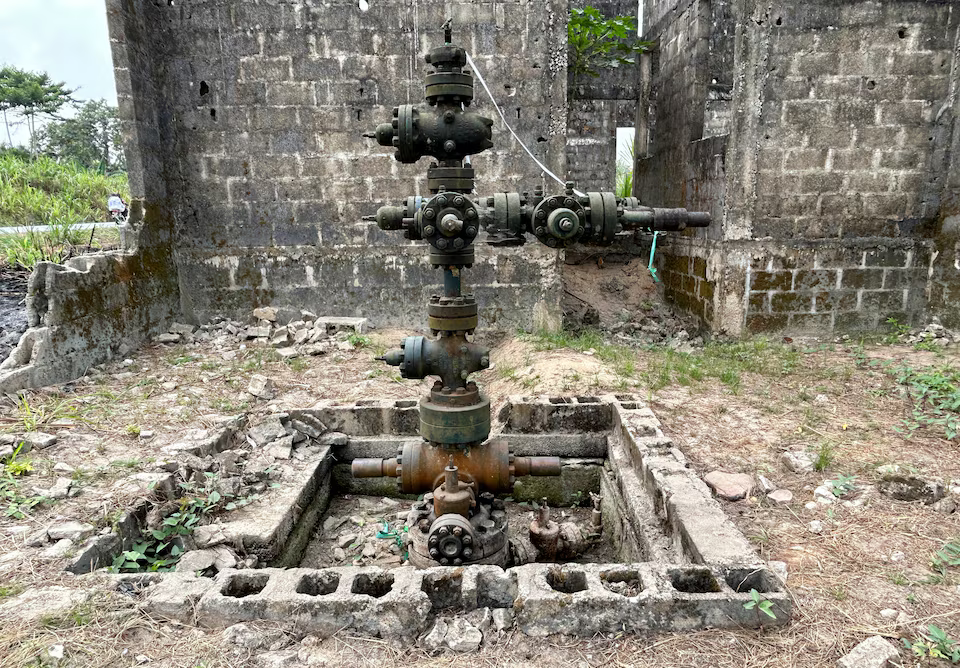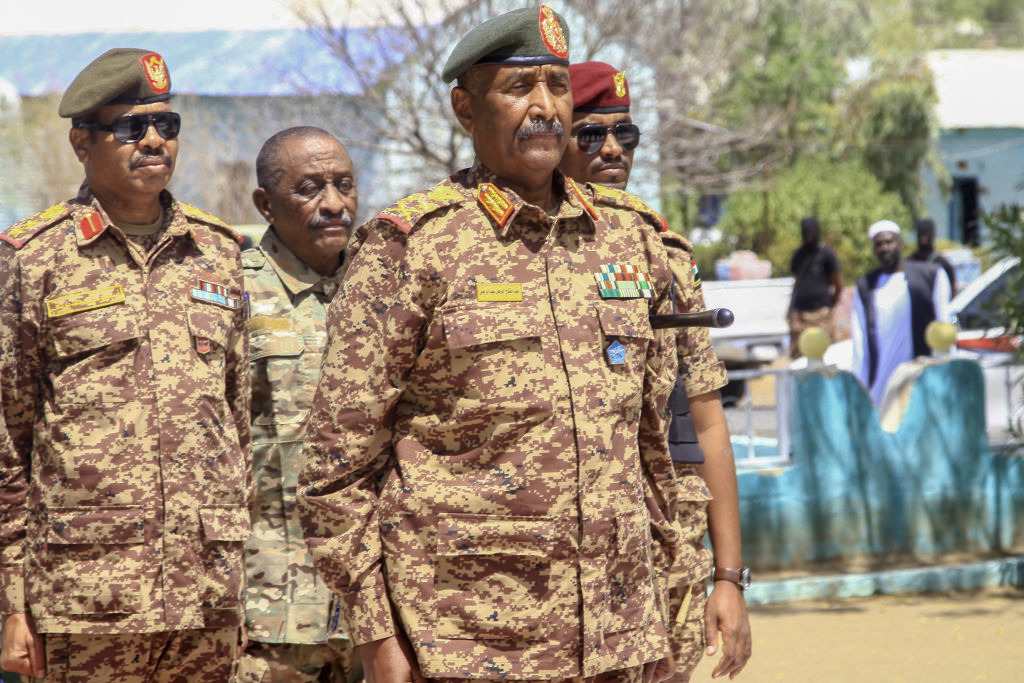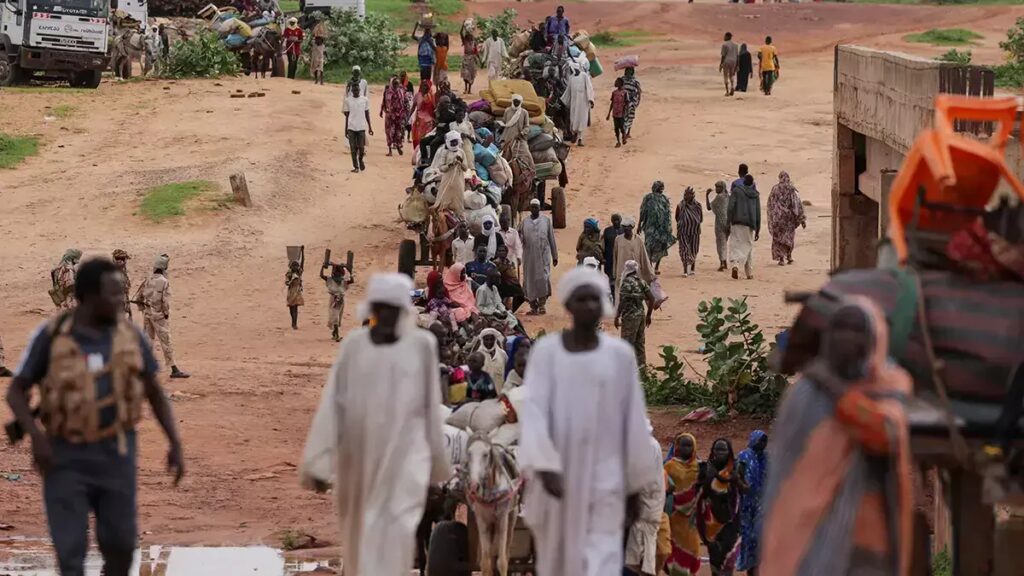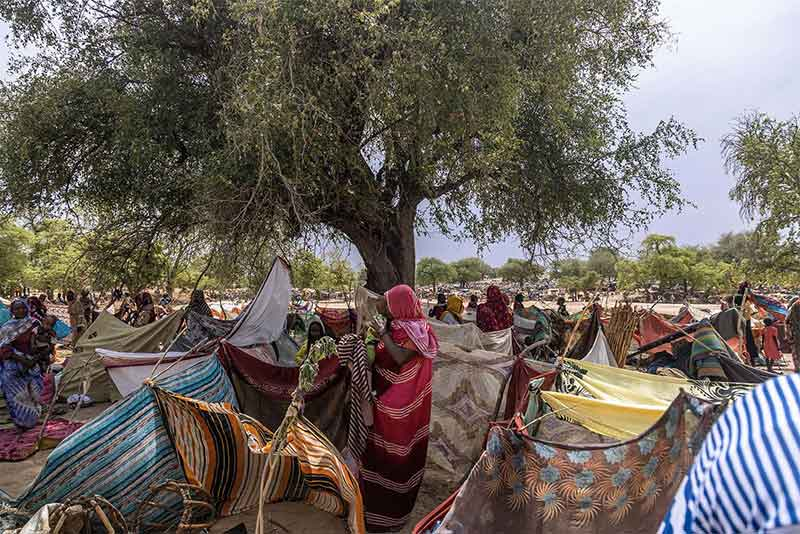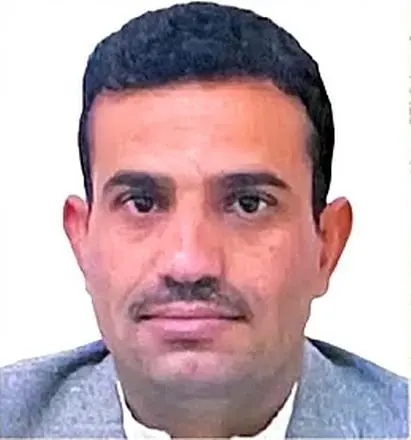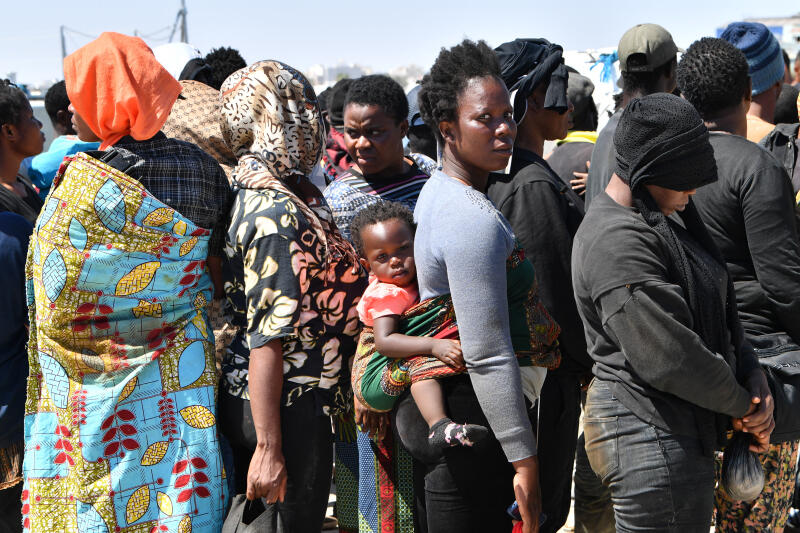How Palestinians who fled Syria war to Egypt are forced into illiteracy
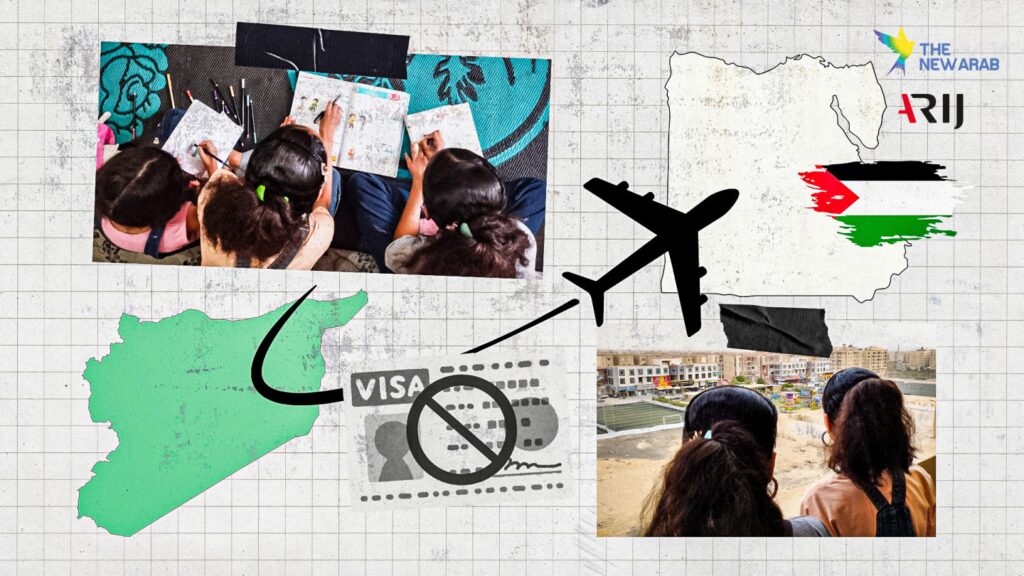
As Israel floats resettlement of Gazans in Sinai, ARIJ investigation gathers unprecedented data on exclusion of Palestinian children from Egypt schools.
“We’re waiting for residency so our children can live, we’re not living. […] Children not being able to learn, this is not life,” said Sanaa Mohammed (pseudonym) vehemently.

